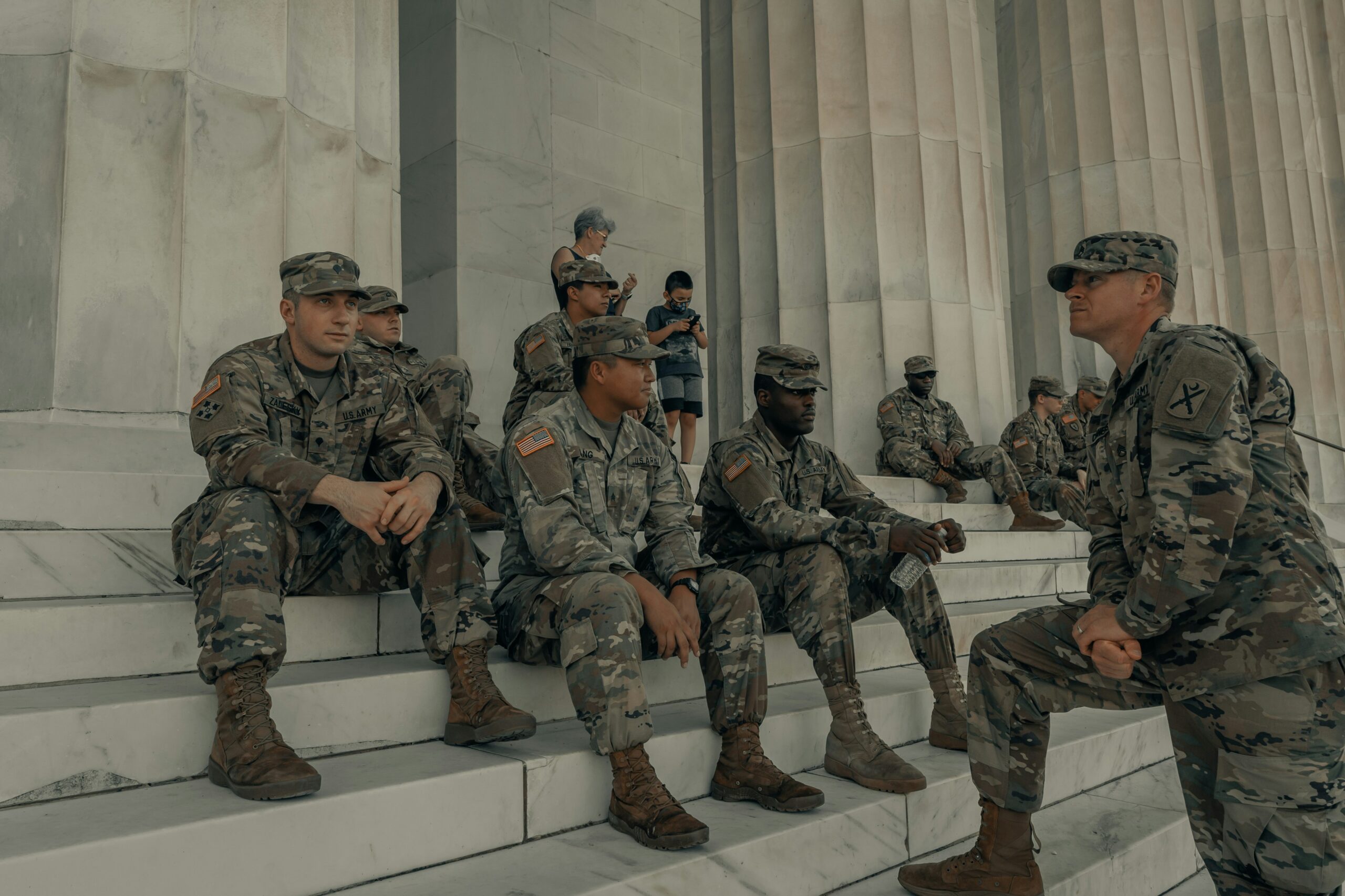
President Trump Deploys National Guard to Washington, DC Amidst ‘Crime Emergency’
In a bold response to escalating crime rates in Washington, DC, President Donald Trump has announced the deployment of 800 National Guard troops to the capital. This move comes alongside a temporary federal takeover of the city’s Metropolitan Police Department, underlining the administration’s drastic measures to curb violence and restore order.
What Prompted the Deployment?
Dubbed by Trump as ‘Liberation Day for DC’, the decision was detailed in a 78-minute press conference where Trump, flanked by US Attorney General Pam Bondi, declared the city’s crime situation a national emergency. The federal government’s intervention, Trump explained, is aimed at rescuing the capital from ‘crime, bloodshed, bedlam, and worse.’ The takeover involves not just the deployment of the National Guard but also the federal control of the DC Metropolitan Police Department, a move sanctioned under the District of Columbia Home Rule Act of 1973.
Understanding the Home Rule Act of 1973
The Home Rule Act was a significant legislation that granted DC a degree of self-governance for the first time, allowing residents to elect their own mayor and city council while still under the oversight of Congress and the President. The Act also includes provisions for the federal takeover of the city’s police force during emergencies, a clause Trump has invoked to address the current crime wave.
Details of the National Guard Deployment
The deployment strategy includes varying roles for the National Guard troops, ranging from administrative support to a physical presence aimed at bolstering local law enforcement efforts. These troops, while remaining under local control, are federally funded and are exempt from the Posse Comitatus Act, allowing them to perform law enforcement duties. The initial deployment phase will see 100-200 soldiers active at any given time, according to US Army statements.
Political and Public Reactions
The move has sparked a variety of responses. DC Mayor Muriel Bowser insists that the city’s police department remains under local control, led by Chief Pamela Smith. Bowser also criticized the deployment of the National Guard as ineffective for law enforcement, advocating instead for more resources for prosecution services. Meanwhile, critics and supporters of Trump have taken to social media and public forums to express their views, reflecting the polarized perception of Trump’s decision.
Why This Matters
This unprecedented federal intervention in Washington, DC’s law enforcement raises significant questions about governance, civil liberties, and the effectiveness of such measures in reducing crime. It also sets a potent precedent for federal involvement in local law enforcement, potentially redefining the relationship between federal and municipal authorities in the United States.
As the situation unfolds, the nation watches closely to see the impact of these measures on crime rates and public safety in the capital, and possibly, on the political landscape of the country.


